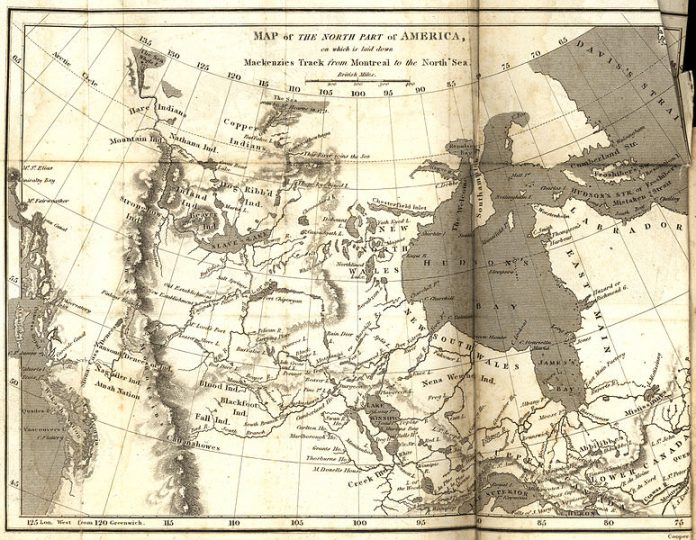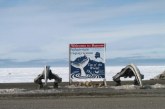
On July 14, 1789, the British explorer Alexander Mackenzie reached the shores of the Arctic Ocean in northern present-day Canada, as the first European to do so. He organized the expedition in an attempt to find the so-called The Northwest Passage, a centuries-long sea route that could be used to bypass North America.
The Northwest Passage was to allow ships to travel from the Atlantic to the Pacific Ocean without the need to tour South America and encroach on Spanish colonial waters. Because of this, British explorers longed for him for a long time, almost as for the fairytale Eldorado. Alexander Mackenzie’s arrival in the Arctic Ocean actually disappointed him, because it meant that the river he was sailing on, which was later named the Mackenzie River after him, did not lead to the Pacific Ocean and did not represent the Northwest Passage. That’s why he called it the Disappointment River.
By the way, this river is the longest in Canada, and it has a huge river basin of as much as 1,800,000 square kilometers (five times the area of the Federal Republic of Germany). The northwest passage, however, was later found, but in the much farther north, so it proved to be poorly usable due to the icy sea in the Arctic area.




